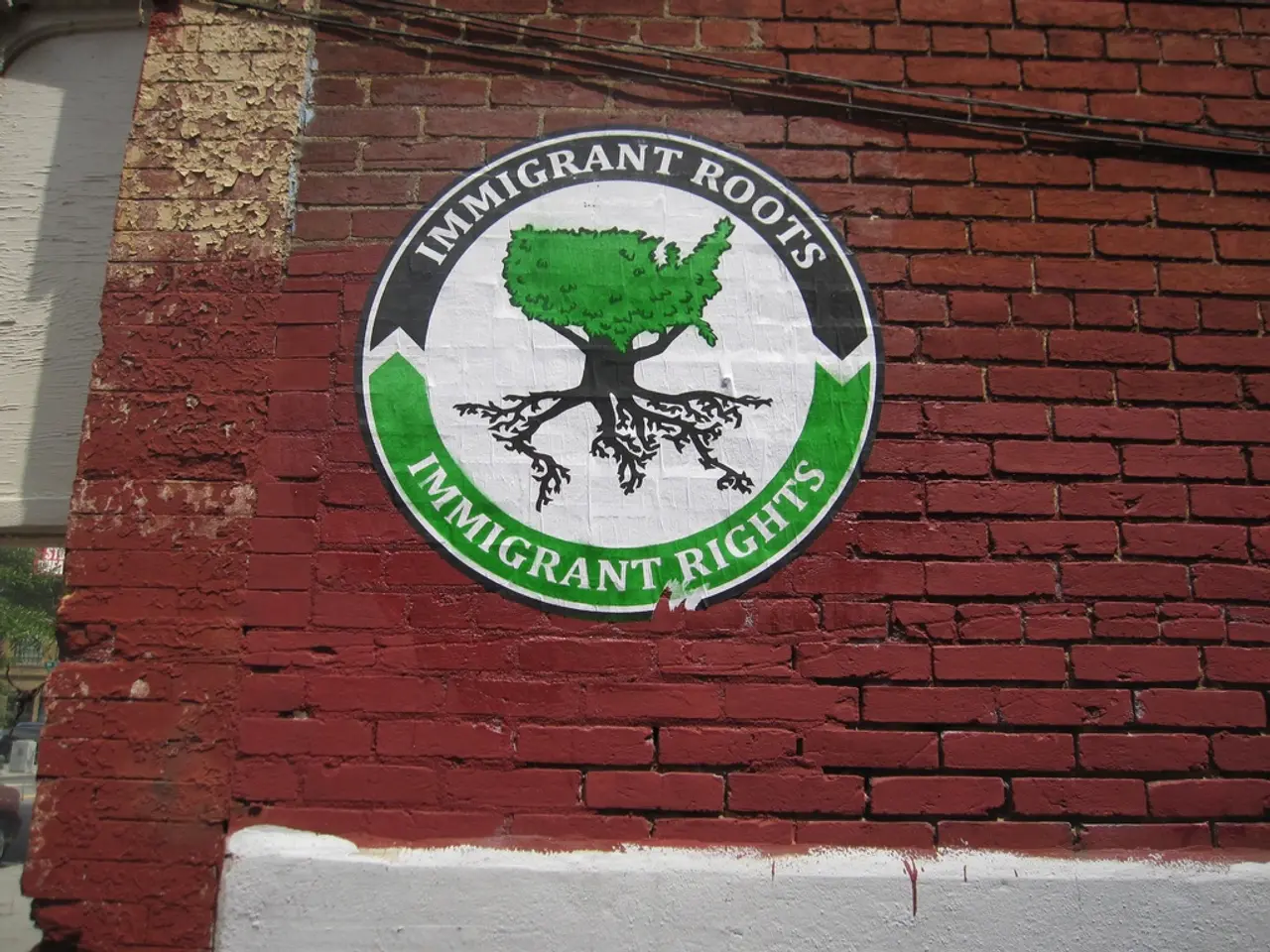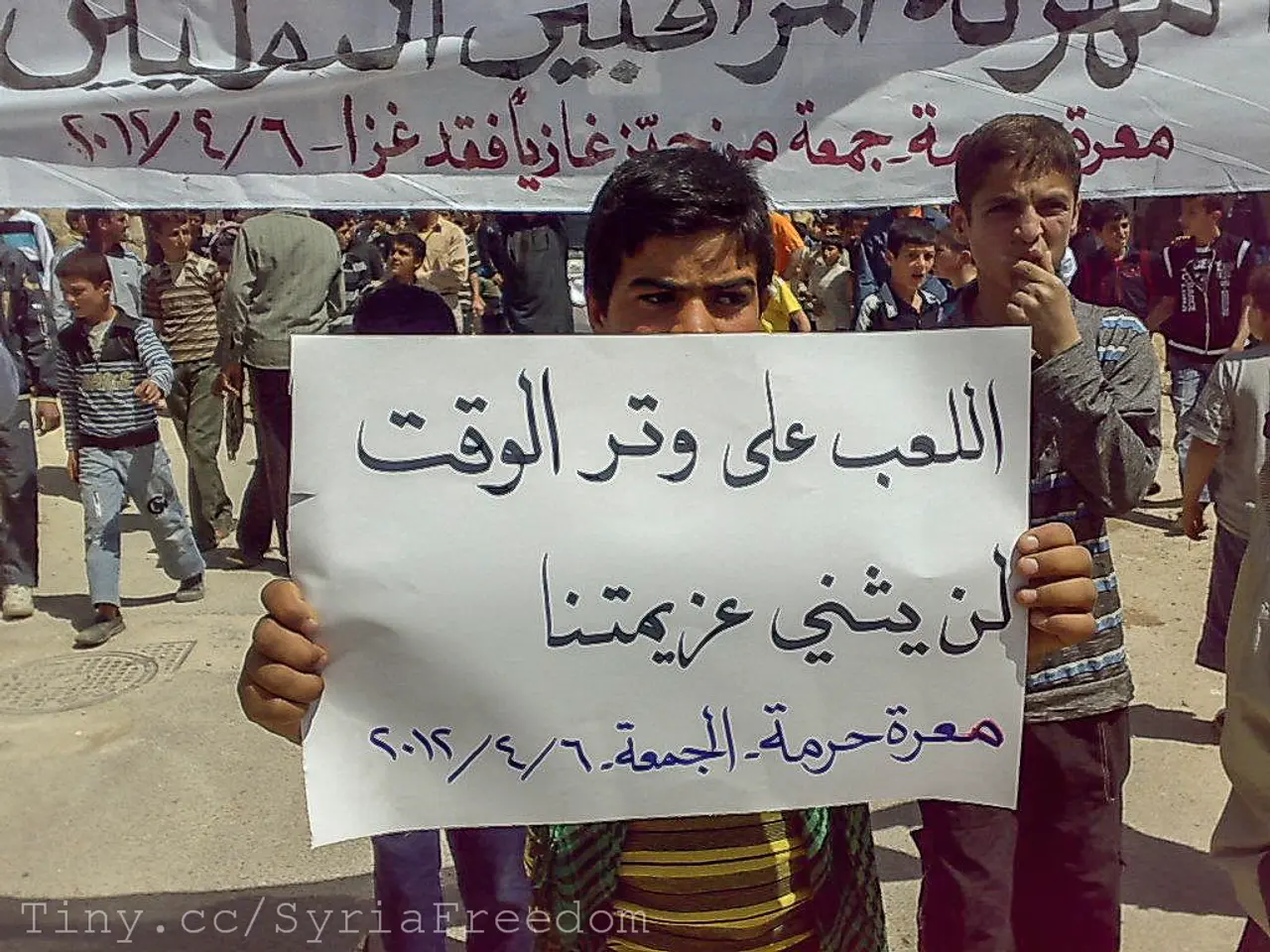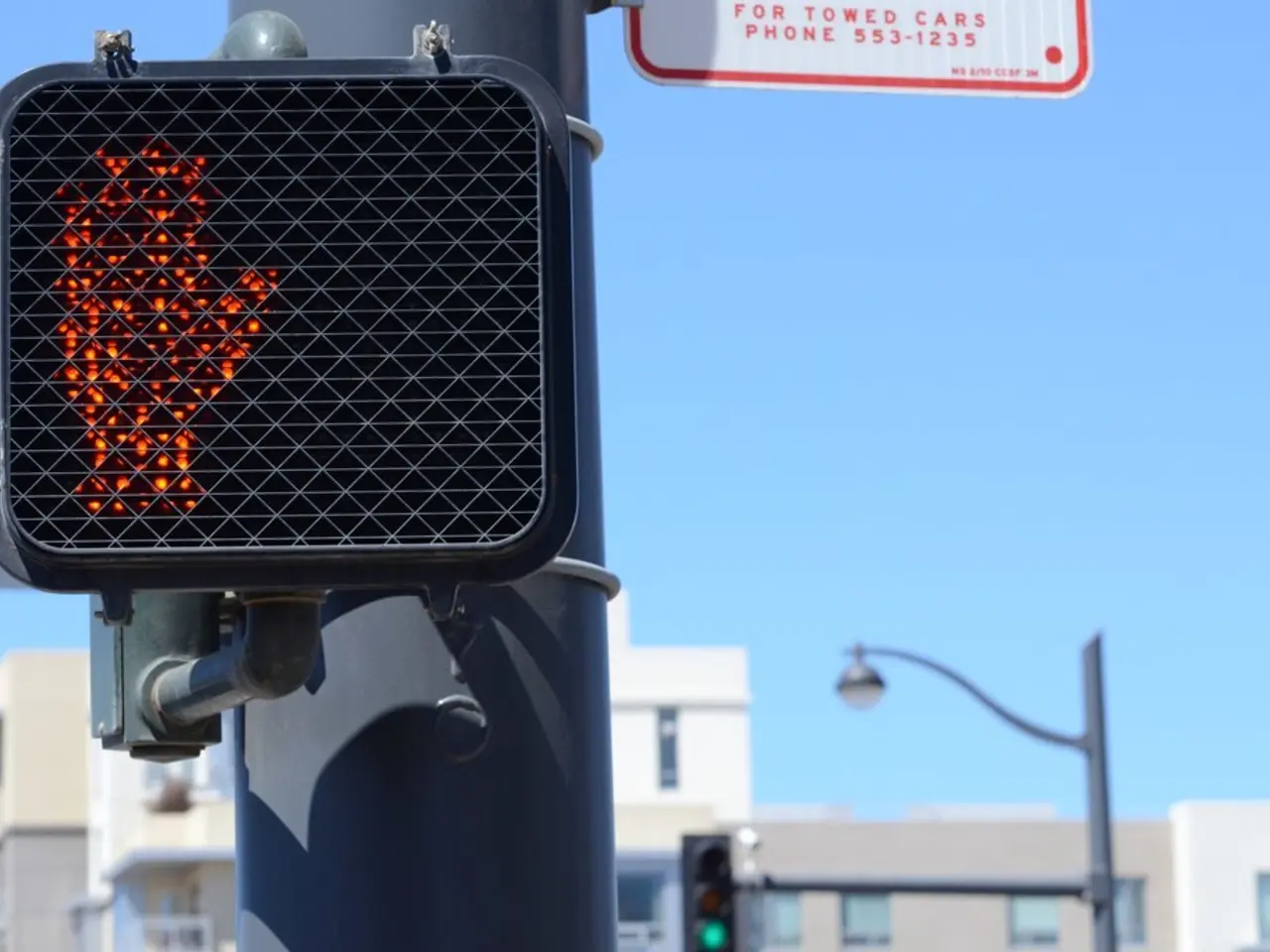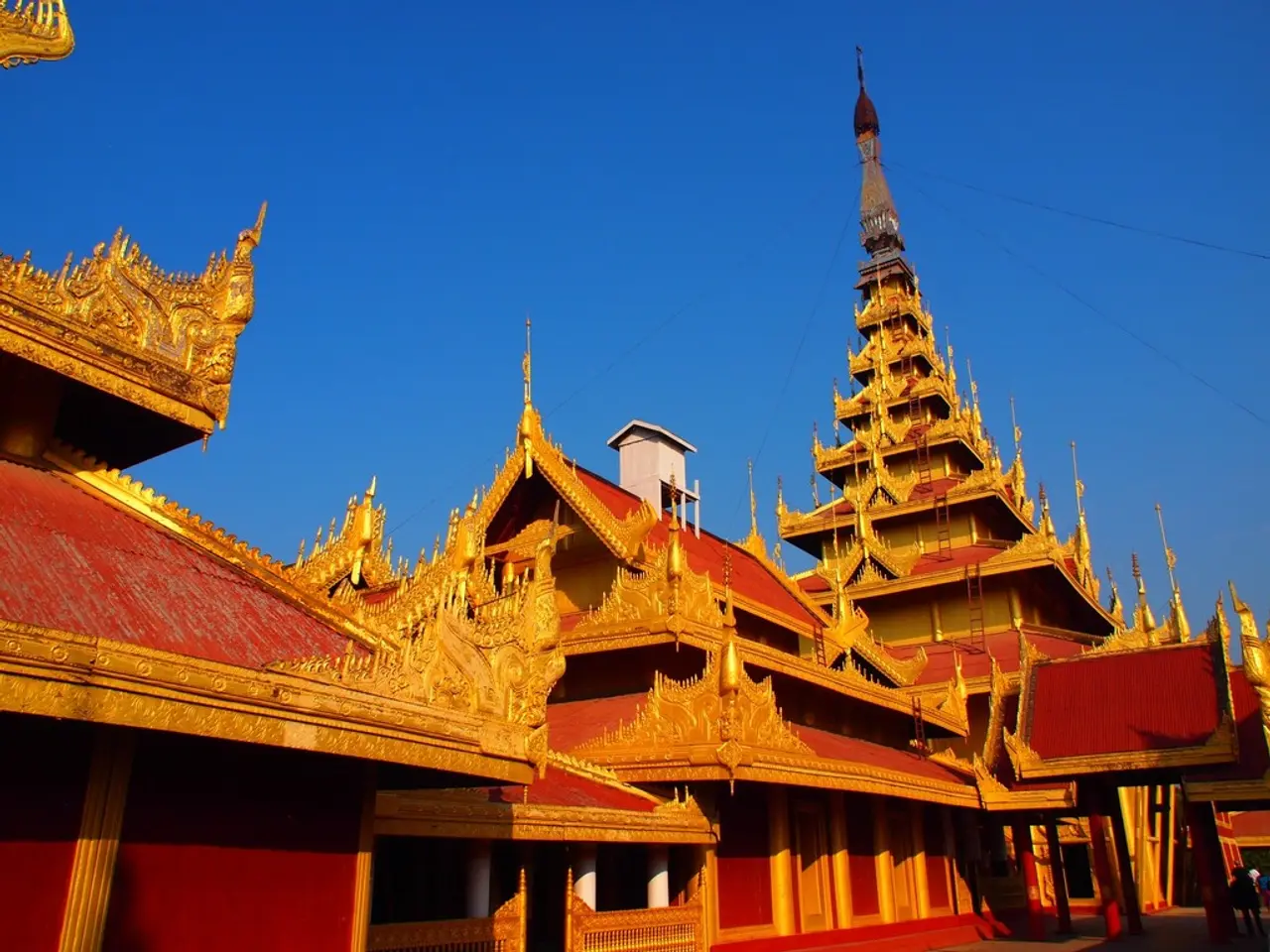Fragmented Nation: The State of Our United States
Deep-rooted Political Polarization and Trust Issues in Taiwan's Politics
The political landscape of Taiwan has been shaped by a long-standing polarization between the Democratic Progressive Party (DPP) and the Chinese Nationalist Party (KMT), rooted in their contrasting identities and visions for Taiwan's future.
The DPP, founded as a result of the dissident dangwai (黨外, "outside the party") movement, promotes Taiwanese nationalism, identity, and sovereignty, positioning itself as a resister of external Chinese influence and internal collaborators. In contrast, the KMT, a political party that was part of the pro-blue bloc during the first transition of power to the DPP in 2000, sees itself as the inheritor of the Chinese legacy in Taiwan and has historically been more open to closer ties with China.
This political divide is marked by mutual distrust and radicalized rhetoric, exacerbated by key incidents and social movements. One such event was the 319 shooting incident on March 19, 2004, during the presidential election campaign. The incident involved a physical attack on President Chen Shui-bian (DPP) and intensified political tensions, with the KMT alleging the event was staged to manipulate sympathy votes, while the DPP saw it as part of the hostile political environment.
Another significant event was the Sunflower Movement in 2014, a social and political protest against a trade pact with China, largely mobilized by youth activists and third parties aligned with the Pan-Green camp and those skeptical of KMT-led policies perceived as pro-China. This movement catalysed the rise of new third parties like the New Power Party and Taiwan Statebuilding Party, adding complexity and coalition dynamics within Taiwan’s polarized politics.
More recently, the 2024 to 2025 recall campaigns further exemplify polarization and mistrust. The KMT characterized these recalls as “revenge recalls” instigated by the DPP to target political enemies, accusing the ruling party of authoritarian tendencies. The DPP, on the other hand, framed the recalls under the slogan "oppose communism, defend Taiwan," linking the political struggle with resistance against Chinese influence.
In the democratic period and during the first transition of power to the DPP in 2000, the governing party, led by President Chen Shui-bian, did not have a legislative majority due to the pro-blue bloc of the Chinese Nationalist Party (KMT) and the newly formed People First Party. This situation has continued to shape the political dynamics in Taiwan, with each party accusing the other of leveraging its majority to push through controversial policies.
Despite numerous attempts to resolve political disputes, non-politicians often step in to mediate, reflecting the deep-rooted nature of the divisions. The events of July 26 and the recall movement are not new issues in Taiwan's politics, and the divisions run too deep for the system to right itself easily.
In conclusion, the history of political polarization in Taiwan between the DPP and KMT involves competing national and constitutional identities, intensified by significant events such as the 319 shooting and the Sunflower Movement. These have contributed to deep divisions, mutual suspicion, and highly adversarial political strategies, influencing electoral outcomes and social cohesion in Taiwan.
The ongoing policy-and-legislation battles in Taiwan's politics are a manifestation of the deep-rooted polarization between the Democratic Progressive Party (DPP) and the Chinese Nationalist Party (KMT), with each party accusing the other of leveraging their majority to push through controversial policies. The general news regarding the 2024 to 2025 recall campaigns highlights the continued politics of polarization and mistrust, as the KMT characterizes these recalls as "revenge recalls" while the DPP frames them under the slogan "oppose communism, defend Taiwan."







